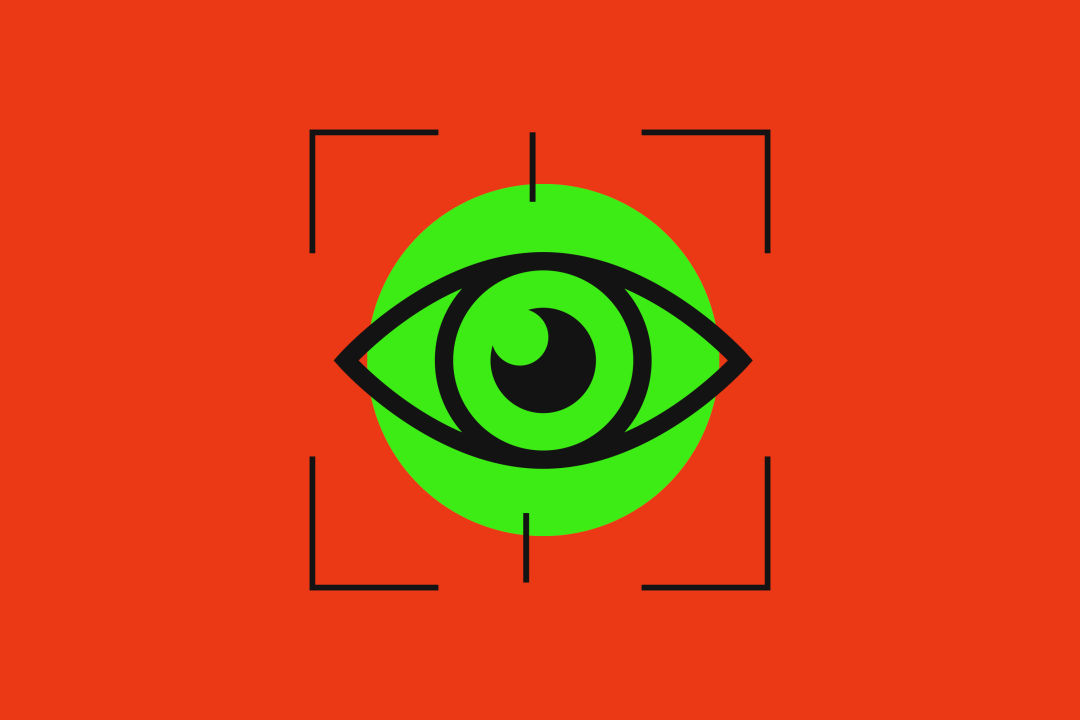Why Are Women at a Higher Risk for Eye Problems Than Men?

Image: Gigi Ortwein
The organization Prevent Blindness declared April to be National Women's Eye Health Month. According to the organization, two out of every three people with blindness and vision problems are women, who are at a higher risk for eye diseases and conditions like macular degeneration, dry eye, glaucoma and thyroid eye disease.
We asked Dr. Trisha Werner at Center for Sight why that's the case, and asked for tips on how to protect your vision.
How often should you get an eye exam? "Standard checkups occur once a year for most people with prescription glasses and contacts," says Werner. "If you are following up for disease issues, you will need more frequent appointments." When at the appointment, doctors can prescribe drops for dry eyes and treat other conditions.
"Dry eye is a condition associated with women as they age relating to menopause, but all people experience dry eye as a result of looking at screens all day," says Werner. "Macular degeneration is another condition that causes blindness."
"Take time to look away from screens," advises Werner. "When you are in stare mode, your blink rate slows down. Turn your ceiling fan off, position A.C. vents so they are not blowing on you and use over-the-counter tears and hot compresses for dry eyes."
Werner says there are other eye diseases that can lead to blindness if not treated, such as macular degeneration and glaucoma. These might be more prevalent in women because they tend to live longer and seek care more regularly, giving them the opportunity to be diagnosed sooner than men. Macular degeneration damages the macula, the structure of the eye responsible for good central vision. When that becomes damaged, a blind spot in the center of your vision may result. The biggest links to the illness are family history, smoking, being Caucasian, having Scandinavian descendants and age.
How can you help prevent diseases like macular degeneration? Women and men can avoid smoking and change their diet to include Omega 3s and green, leafy vegetables. "U.V. light also plays a part in it," says Werner. "Sunglasses are strongly encouraged when outdoors, and certain vitamins may be protective for the macula."
Vitamin therapy for macular degeneration is another common treatment. There are two different types of macular degeneration: wet and dry. If you have the wet kind, an injection to dry up the fluid may preserve vision.
According to Werner, glaucoma is another disease commonly associated with one's family history. There are no symptoms in the early stages, so routine eye exams are important. It's a slow, progressive condition that can effect each eye differently. "Once the optic nerve is damaged, it can't be fixed, so a routine examination to detect signs of glaucoma early is necessary," says Werner.
"Laser surgery for glaucoma is available, as well as newer implantable shunts to control pressure," says Werner. "There are always new options becoming available."
Thyroid disease and diabetes can also be a concern for eyes. Both can cause dryness in the eyes, and since thyroid is related to hormonal imbalances, its affects women in different ways than men. It is important for both women and men to rule out thyroid and diabetes when dealing with eye issues.
What other tips can people follow to protect eyes? Dr. Werner says wearing sunglasses can not only protect your eyesight but the skin around the eyes, too, which prevents skin cancers. Change out your makeup often, since there is an increased risk for infection from old products. Some contact lenses come with UV protection now, so choosing the right contact lens and making sure they are clean and moist is helpful.
Are there any new treatments for eye complications? Cataracts are a natural part of aging and when they get to a point of causing significant visual disturbance, they can be removed through cataract surgery.
"Cataract surgery is one of the most common surgeries," says Werner. "It's a wonderful procedure that takes five to 10 minutes. There is no pain involved and recovery is quick. Not only will you have clearer vision, but you may decrease your dependency on glasses with the same procedure." An intraocular lens implant is placed in the eye during surgery and can even be customized to provide near or far vision. For patients seeking freedom from glasses, advanced lenses can allow a patient to see without glasses or contact lenses.



